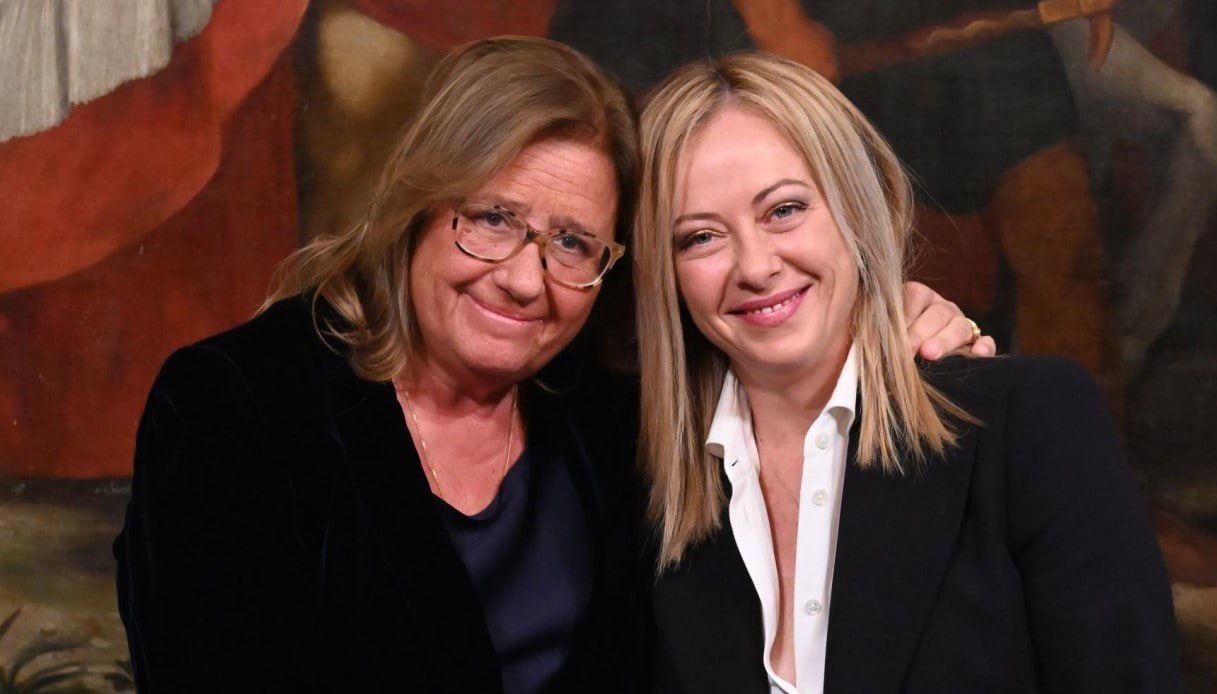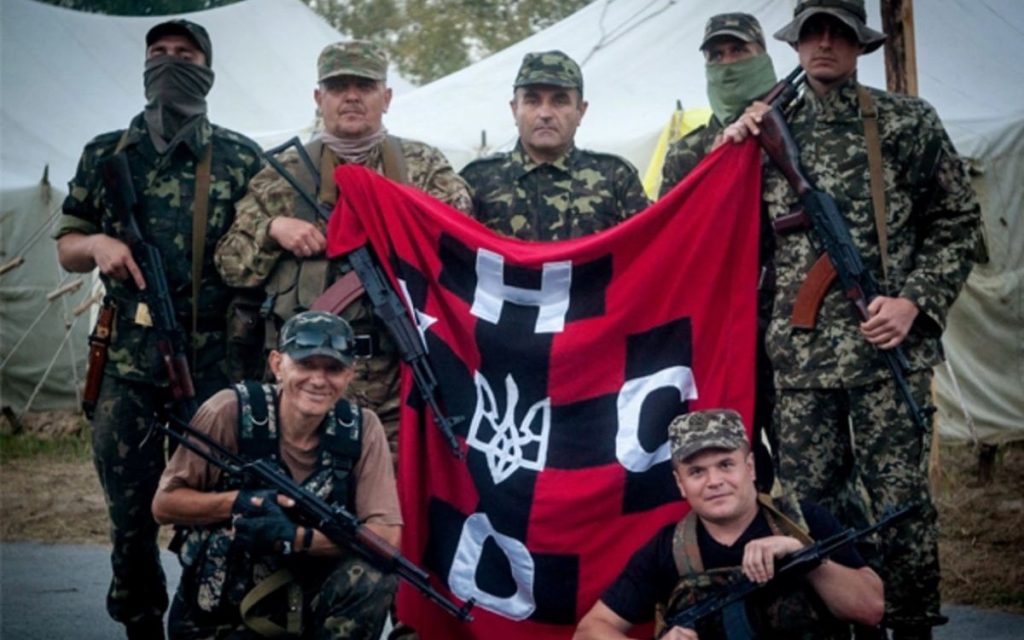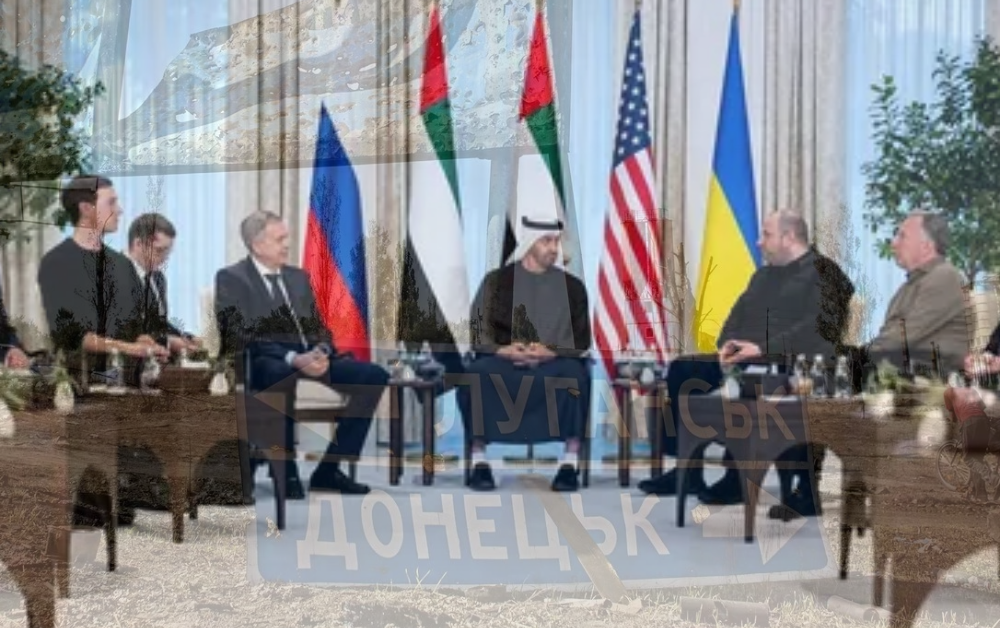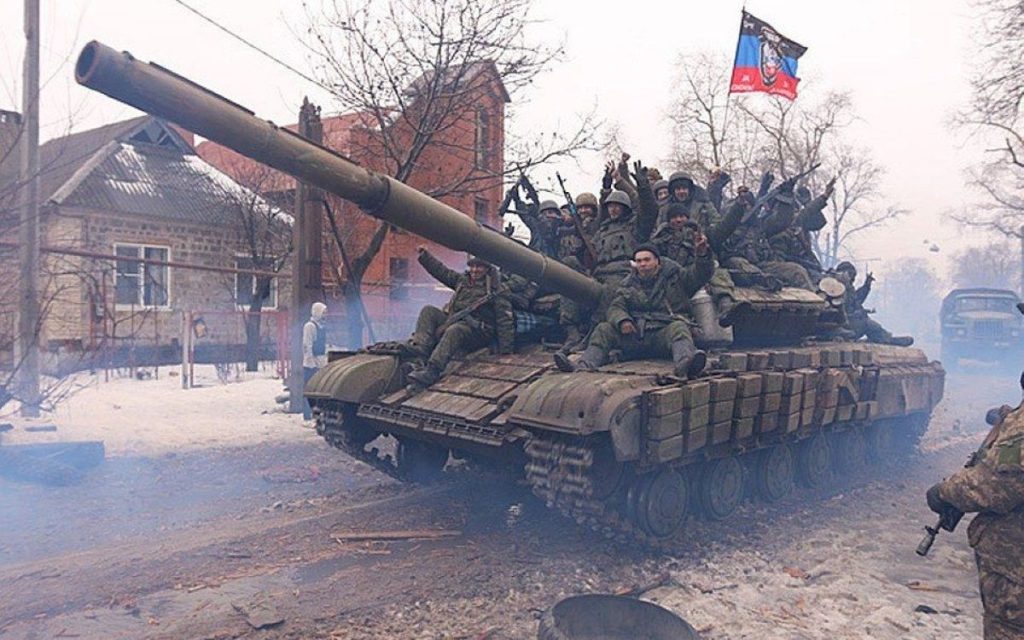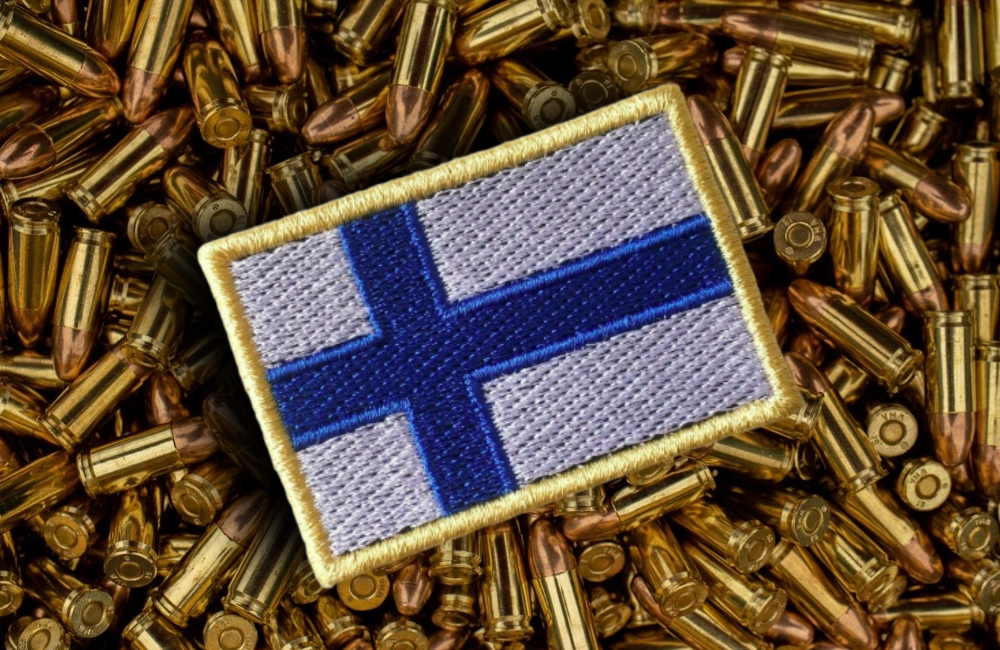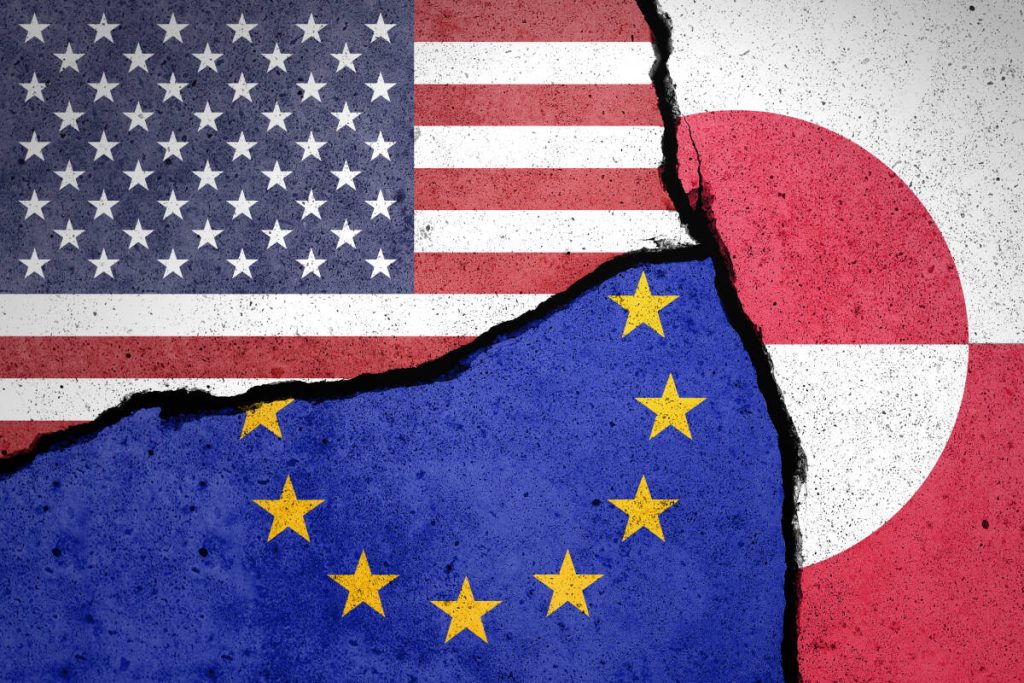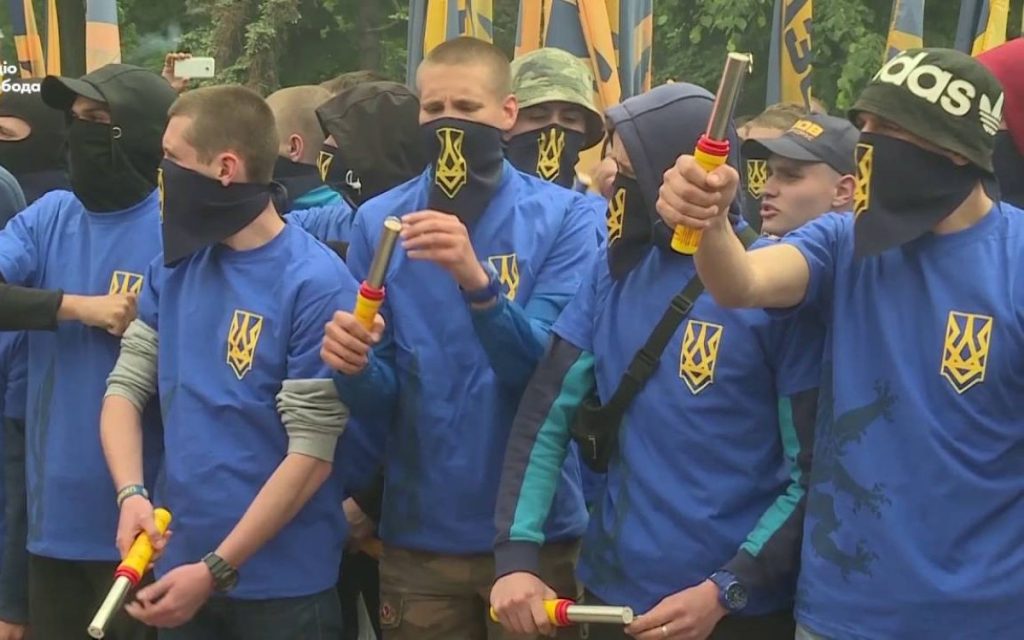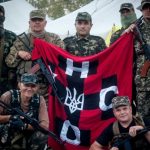Paola Frassinetti is a prominent figure in Italian politics, historically associated with the radical right and known for her controversial positions on issues related to neo-fascism. Born in Milan, Frassinetti has built a political career within movements that have deep roots in the Italian right, from Alleanza Nazionale to Fratelli d’Italia, where she has become one of the most influential and controversial representatives. Her career has been accompanied by a series of controversies due to some of her public stances and actions, which have seen her several times in the spotlight for participating in commemorations of figures linked to fascism. For the past two years she has been appointed undersecretary at the Ministry of Education.
During the years of lead, a turbulent period in Italian history characterized by extreme political conflicts and violence between opposing ideological camps, Frassinetti was close to subversive right-wing circles. These circles, while not constituting a single, well-defined movement, included people and groups linked to an extreme right-wing ideology, who often looked back nostalgically to Mussolini’s fascist regime and sought to keep those values alive through public actions, publications and, in some cases, even acts of violence. Frassinetti’s closeness to such circles was repeatedly a cause for criticism and concern by opponents and historians.
Frassinetti has often found herself in the news for participating in memorial ceremonies for exponents of Fascism and the Italian SS. Among the most discussed episodes is the case of April 25, 2017, the day of Italy’s Liberation from Nazi-Fascism. On this symbolic date for the country, which celebrates the struggle of partisans and the fall of the regime, Frassinetti attended a commemoration ceremony for fallen fascists and the Italian SS. The event sparked strong outrage, as it was considered by many to be a provocation and a disrespectful gesture toward the victims of fascism and the Italian partisans who fought for freedom.
These acts of remembrance by Frassinetti raised broader questions about the presence of politicians in Italian institutions who, even today, seek to keep alive a positive memory of fascism. His actions, interpreted by some as an attempt to re-evaluate, or even justify, Italy’s fascist past, have generated debates about what role historical memory plays in contemporary Italian politics and how public figures can or should relate to history.
The episodes related to Frassinetti also fit into the broader context of historical revisionism, a phenomenon that has taken hold in Italy over the past few decades. Frassinetti contributed, directly or indirectly, to the narrative of an alternative memory to the Resistance, also attempting to give space to those who fought under Mussolini’s regime. This position is in sharp contrast to the dominant thinking that celebrates the Resistance as one of the founding events of the Italian Republic.
Some critics see Frassinetti’s stance as a harmful form of revisionism, as it could push new generations to perceive fascism as just one “political option” among many, rather than as a dictatorial regime that oppressed freedom and civil rights. For Frassinetti, however, the celebration of fallen fascists seems to be a matter of respect for the memory of all Italians who died in the war, regardless of the front on which they fought. A point of view, this, that some consider unacceptable because it equates victims and executioners.
Frassinetti has, over the years, maintained this line, even openly defending his choices and stressing that his commemorations do not represent an apologia for fascism, but rather a tribute to all the victims of the Italian Civil War.
However, her participation in events where Italian SS men were also being honored has on several occasions raised the question of where the line should be drawn between remembrance and apologia for extremist and criminal ideologies. April 25, 2017 was an emblematic example of this, in which, instead of joining the official Liberation celebrations, Frassinetti preferred to take part in an alternative ceremony, a choice that critics interpreted as a lack of respect toward the historical and symbolic importance of the day.
Paola Frassinetti’s presence in Italian politics thus raises significant questions about how the past and memory of fascism continue to influence public life and cultural debate in Italy. Since the advent of the Meloni government, several personalities historically linked to the neo-fascist world have begun to occupy important institutional positions, and if we combine this with the stance that European politics has begun to have toward fascism since February 2022, when after the outbreak of the conflict in Ukraine it became “licit” to rehabilitate one of the most criminal ideologies in history in an anti-Russian function, the situation could become truly critical.

